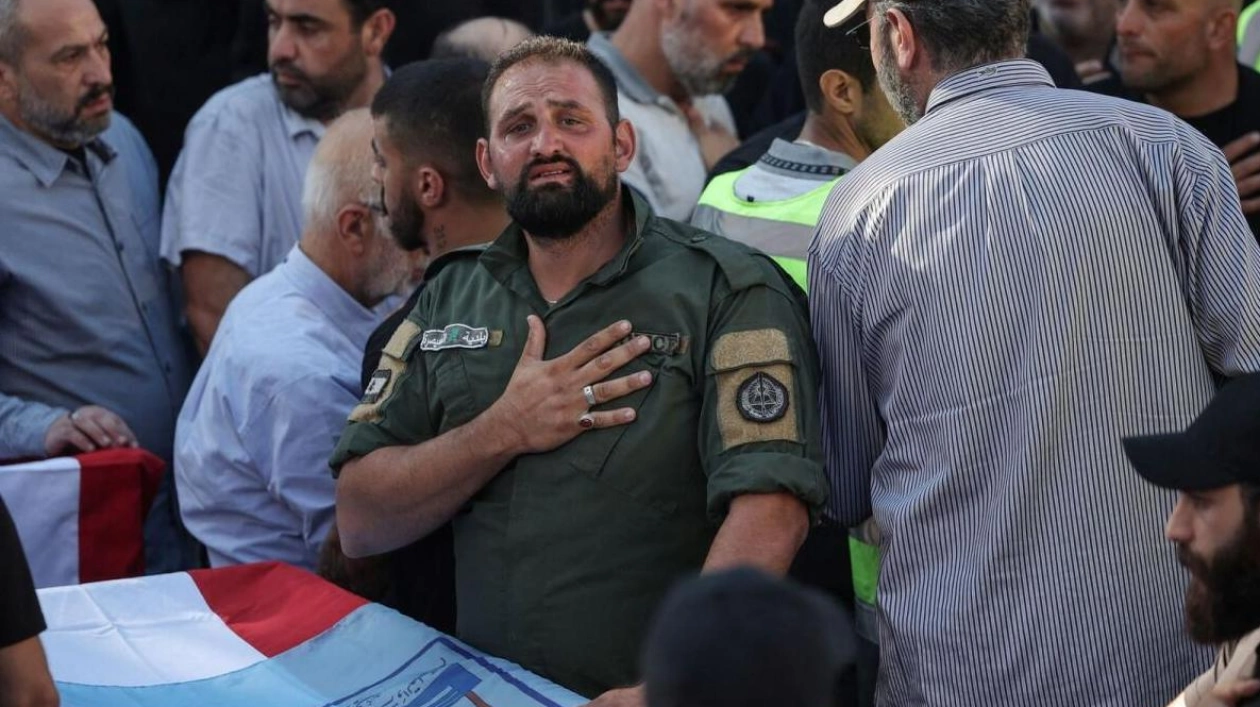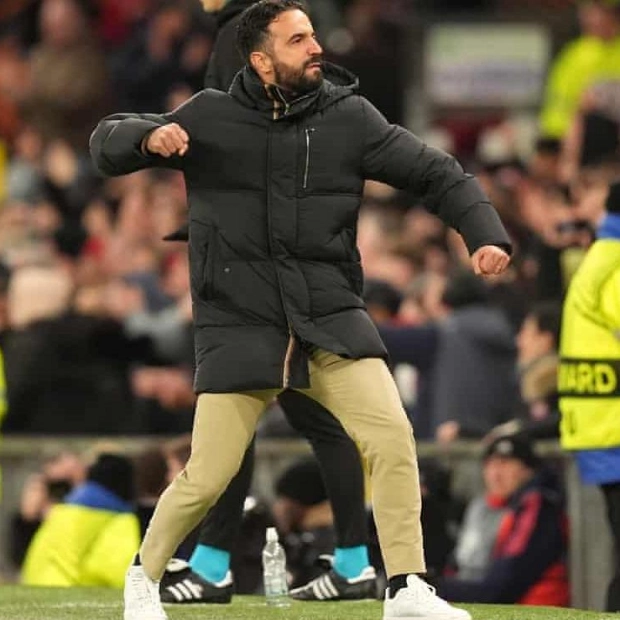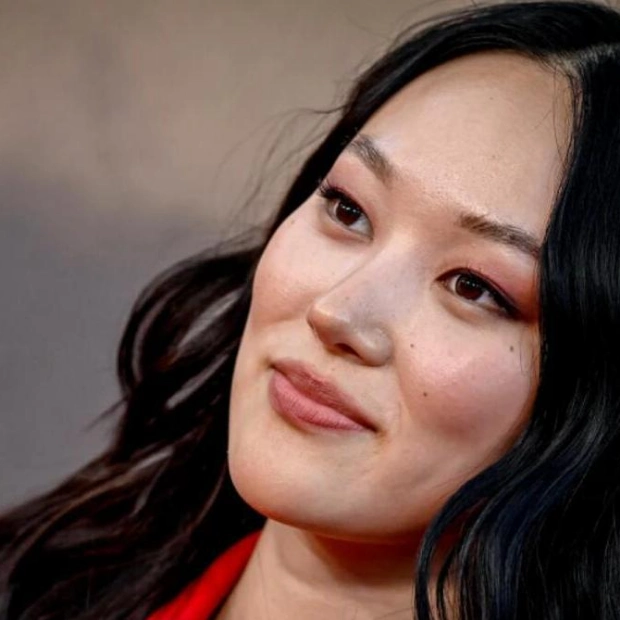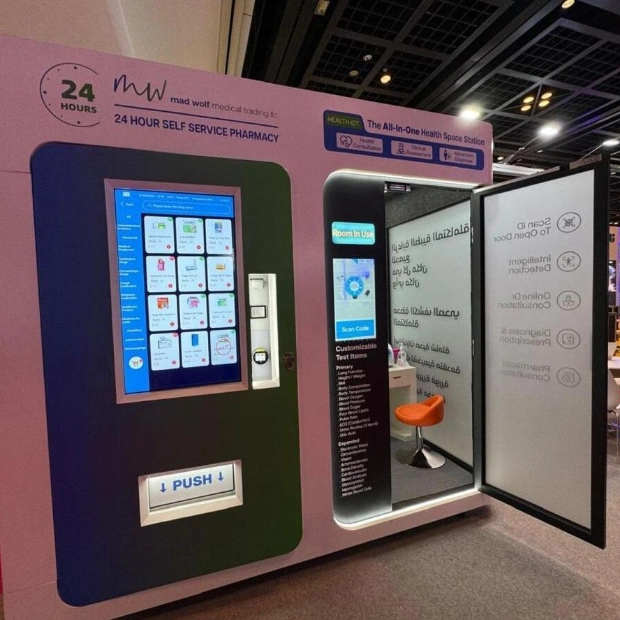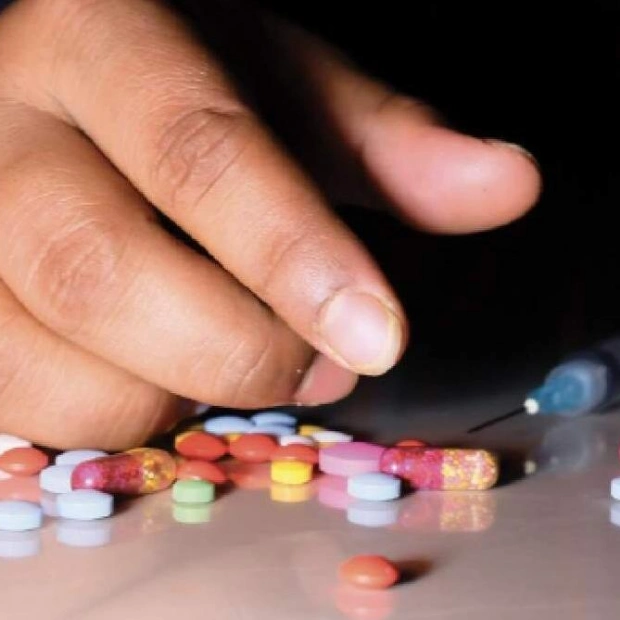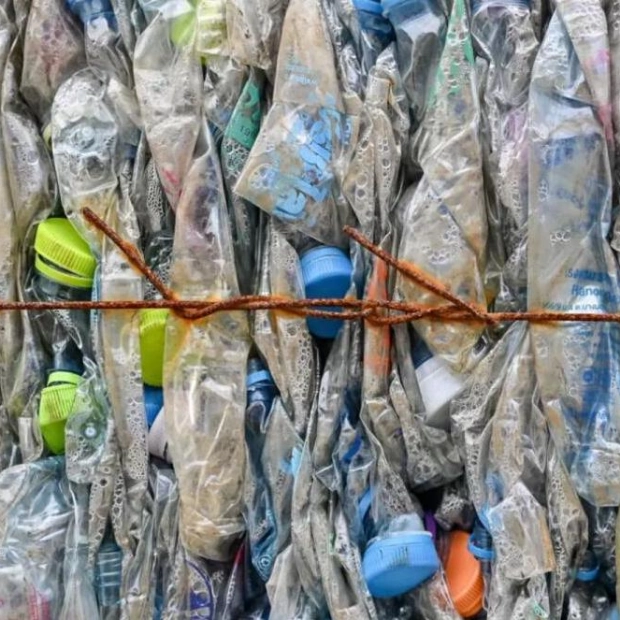The Amro family's home in Lebanon's verdant Keserwan mountains had transformed into a sanctuary for families seeking refuge from the encroaching conflict in the country's south. By September 25, over 50 individuals from three families had congregated in two buildings at the heart of Maaysrah, a Shia Muslim village nestled in the Christian mountains, which had never been targeted by Israel during its conflicts with Lebanon, thus considered a safe haven. On that fateful day, shortly after dawn, Israeli warplanes launched an attack on the location, resulting in the deaths of 16 people—two men and 14 women and children—according to family members, local authorities, and medical sources. More than 30 people were injured, with nearly half being children. The buildings included the residence of a Hezbollah fighter who had been killed in combat in August, though no active combatants were present at the time, according to local officials.
This attack is indicative of a broader pattern of Israeli airstrikes that have led to escalating civilian casualties as operations expand, according to figures from the Lebanese health ministry. Hezbollah-affiliated officials argue that these strikes constitute collective punishment, aimed at alienating the group's Shia support base. In response to inquiries, the Israeli military asserted in a statement that it operates 'in strict accordance with international law, taking all feasible precautions to minimize harm to civilians.' The statement highlighted Hezbollah's practice of embedding military infrastructure within civilian areas and Israel's efforts to evacuate civilians before attacks. However, it did not specifically address the Maaysrah strike.
Hezbollah denies any involvement in placing rockets in civilian areas. Recent strikes have resulted in significant civilian casualties, such as the one in Ain Delb near southern Sidon on Sunday, which claimed the lives of 45 people, many of whom were displaced from other regions, according to the Lebanese health ministry and local officials. Israeli strikes across Lebanon have claimed over 1,640 lives in just under a year of fighting, with the majority occurring in the past two weeks, including 104 children and 194 women, according to government figures. In contrast, about 50 Israeli soldiers and civilians have been killed during the same period, according to Israeli officials. Lebanon does not provide a breakdown of civilian and combatant casualties.
Many of those gathered in Maaysrah had fled months earlier, leaving the southern border town of Houla to stay with relatives amid the expansion of the second front opened by Hezbollah against Israel on October 8, the day following the Hamas attack that triggered the Gaza war. Others arrived in the hours preceding the attack, seeking refuge as the conflict escalated into war and Israel unleashed unprecedented ferocity on Lebanon. Ali Koteich, a teenager who had sought refuge in one of the rooms, described the harrowing experience of hearing a whistle followed by a massive explosion. 'I got up and opened the door, and there was nothing anymore; the walls were on the floor, and there was fire, people, and screaming,' he recounted. 'There were more than 12 kids, and we started to remove pieces, some other pieces, some were whole, some had parts missing. Some burned,' he said at Maritime Hospital in coastal Jbeil, where relatives were being treated. His grandmother and niece perished, while his parents and siblings were wounded.
Maaysrah Mayor Zuhair Amro noted that the buildings, which included six apartments, housed the residence of Ali Amro, the Hezbollah fighter killed in Houla in August. The strike on Tuesday claimed the lives of his widow and two of his young children, according to Mayor Amro. 'The aim is to wipe the family off the civil registry,' he said, refuting any claims that Hezbollah had military infrastructure posing a threat to Israel in the area. 'They want to destroy families like they did in Gaza,' he added. In the pediatric section of Jbeil hospital, four-year-old Qassem Hussein lay in a bed with cuts and burns on his arms and face, along with a fractured thigh, requiring surgery, according to doctors. His father was killed, and his mother was in the intensive care unit. 'I have no words,' said an aunt by his side, her eyes fixed on the child. 'We can't take this anymore.' Several people remain in critical condition, including an 11-year-old child 'who arrived with his brain coming out of his head,' according to Dr. Dany Kattar. 'It's the worst scenario I've seen in my life... I saw tears in the eyes of my staff,' Kattar said.
